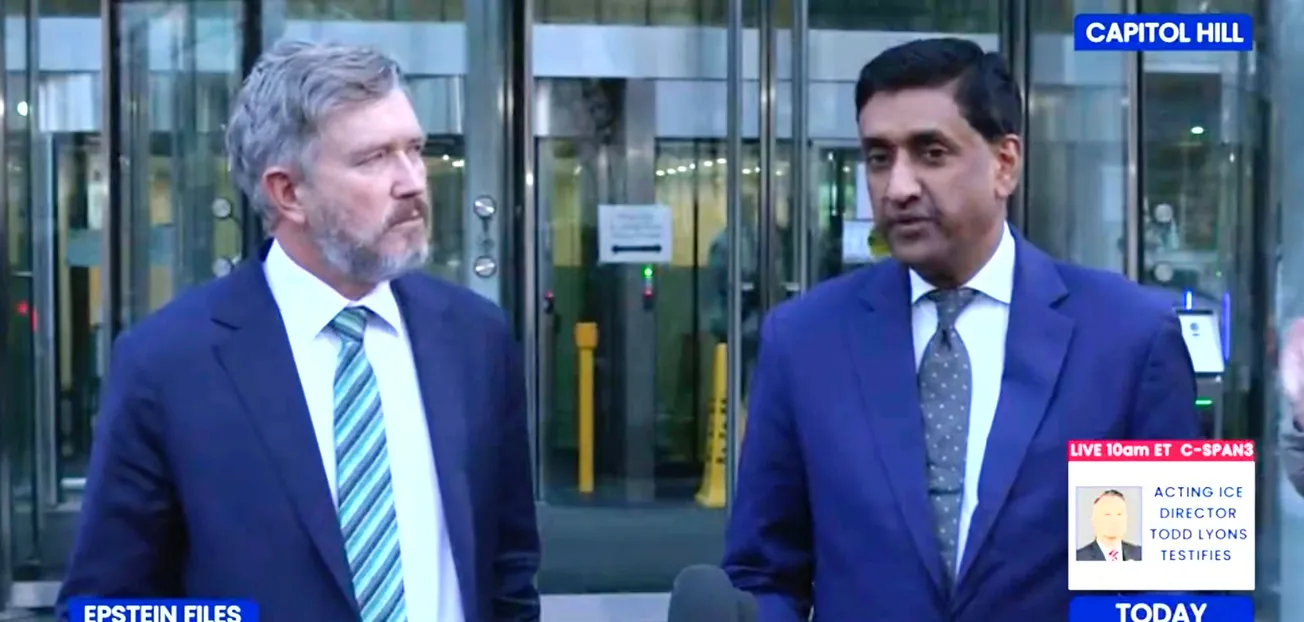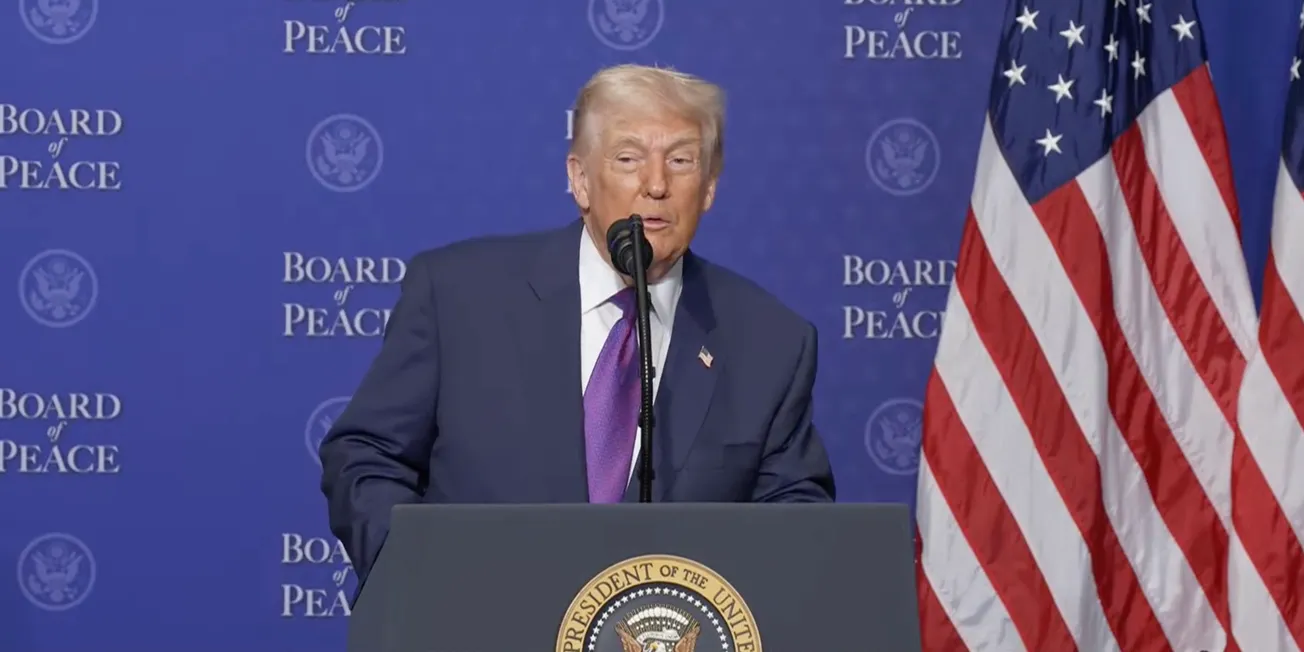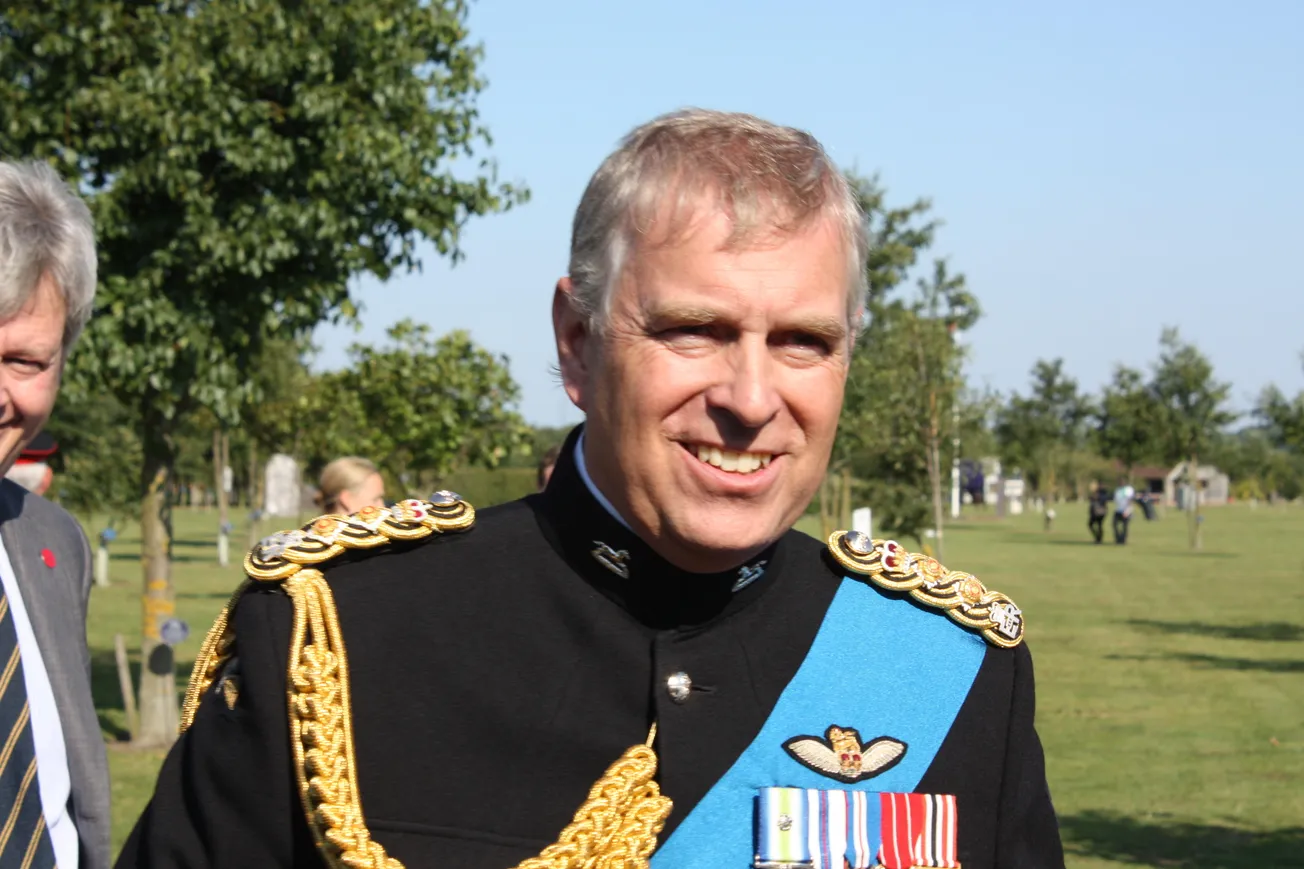The National Security Archive at George Washington University posted a new briefing book yesterday with selected declassified documents that blows away some myths about NATO expansion and the Budapest Memorandum, including myths promoted by Ukrainian President Volodymyr Zelenskyy. “Thirty years ago, the Budapest Memorandum ensured the destruction of dangerous post-Soviet nuclear stockpiles but was overshadowed at the time by Russian President Boris Yeltsin’s complaint that NATO expansion was causing a new division of Europe,” the introduction to the briefing book begins. It seems that Bill Clinton wanted to have his cake and eat it too, that is, NATO expansion and partnering with Russia at the same time. This didn’t go over to well with Yeltsin who blew up about it at the OSCE summit in Budapest in December 1994.
The Budapest Memorandum comes up in the middle of this. “In hindsight, critics of the Budapest Memorandum inaccurately describe the Soviet warheads as Ukraine’s ‘nuclear deterrent’ against Russia, when the documents show those weapons were targeted on the U.S. and could not be maintained safely in Ukraine,” the intro says. “One leading Russian expert advised Yeltsin in September 1994 against offering any inducements to the Ukrainians because the warheads were already rotting: Soon, ‘Ukraine itself will be asking us’ to take the warheads ‘and it will have to pay for the transfer.’
“The Ukrainian Academy of Sciences had already concluded that Ukraine could not afford the billions necessary for a nuclear fuel cycle that would prevent decay of the warhead fissile material, especially in the face of inevitable international sanctions such as those placed on North Korea,” it says further.
Yeltsin erupted at the summit, accusing the U.S. in front of other heads of state of “domineering” and of “trying to split [the] continent again” through NATO expansion. Both Thomas Pickering, who was the U.S. ambassador in Moscow and Nicholas Burns, who was the NSC Senior Director for Russia, tried to tell Clinton and Deputy Secretary of State Strobe Talbott that Moscow had legitimate concerns that ought to be taken into account. Pickering pointed to “strong domestic opposition across the [Russian] political spectrum to early NATO expansion,” criticism of Yeltsin and his foreign minister Andrei Kozyrev as too “compliant to the West,” and the growing conviction in Moscow that U.S. domestic politics—the pro-expansion Republicans’ sweep of the Congressional mid-term elections in November 1994—would tilt U.S. policy away from taking Russia’s concerns into account.
Burns stressed, in a memo to Talbott, that “we need to separate our understandable anger on the tone of the debate with [sic] Russia’s substantive concerns which we must take seriously.”
Russia’s concerns were not taken seriously and the 1994 incidents reported in these newly released documents were an early but crucial step on the way to the brink of nuclear war, where the world stands today.





